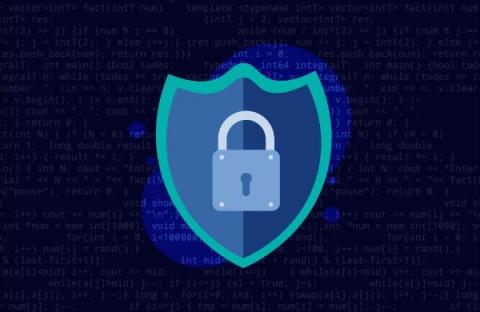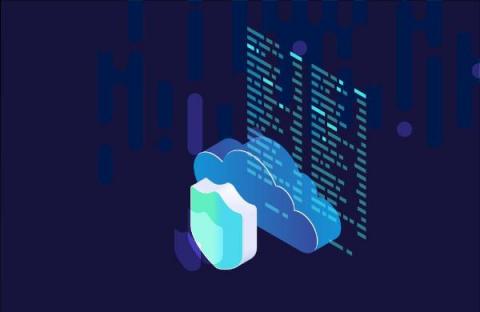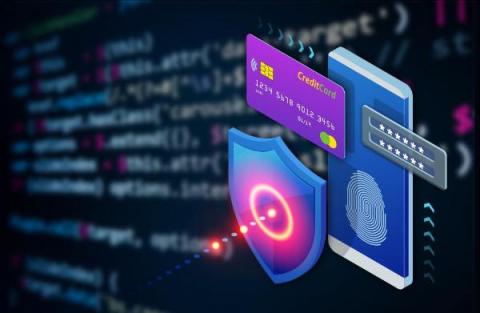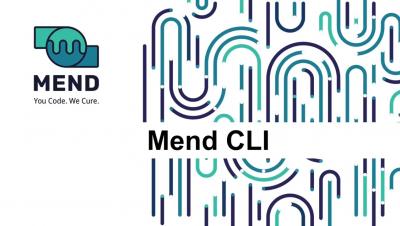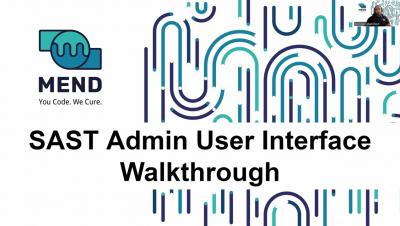Why the Need for Application Security Intensifies as EU Tightens Cybersecurity Requirements
Two new sets of regulations introduced by the European Union (EU) indicate that the public sector is taking increased interest in improving cybersecurity and resilience. The EU is introducing the Digital Operational Resilience Act (DORA) for financial institutions and the Cyber Resilience Act (CRA) for software and hardware providers, both designed to enforce software security and secure delivery of services.


